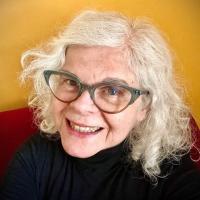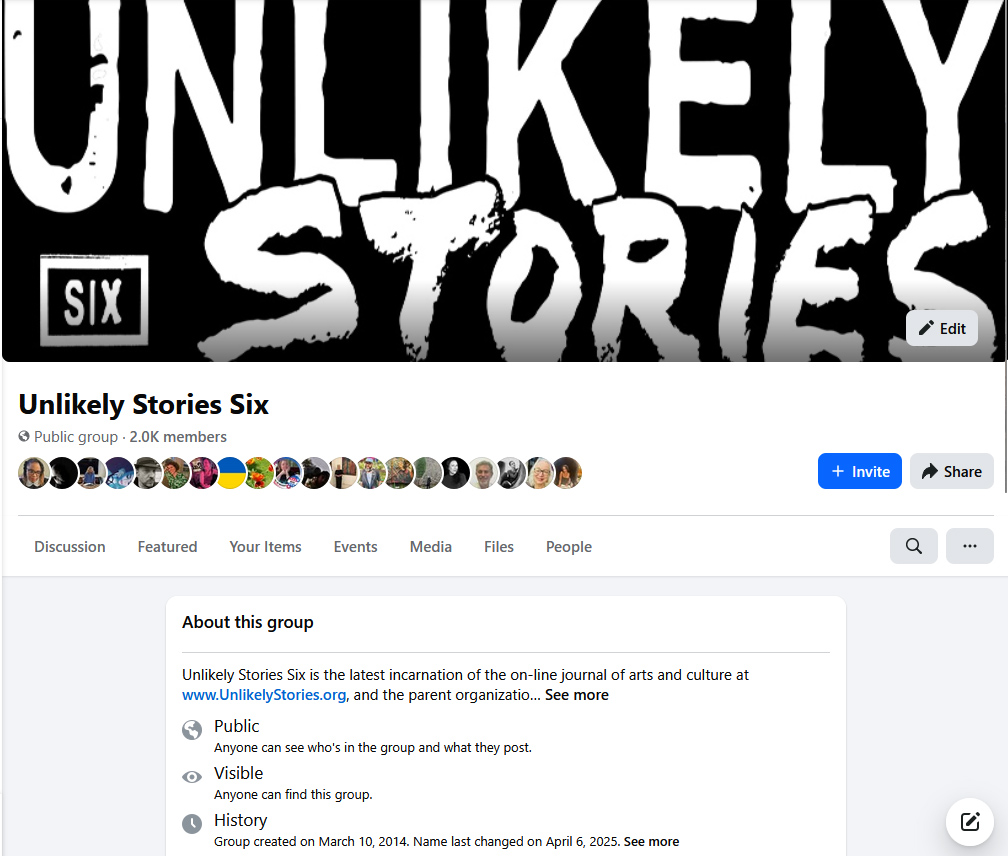by Regina Rheda
She was a tiny first-grader, all skinny arms and legs, rebellious threads of hair sticking out from beneath her hairband, and she was going to deliver a speech. She was fidgety, trying to stay afloat in a plump armchair they had told her to sit in, as she clung to her typed sheet of paper like a castaway to a board after a shipwreck. The Pillars of Society Club’s lobby was stuffy, full of grownups emanating perfume and cigarette smoke. They were holding glasses of Coca Cola and guarana soda, chatting and smiling persistently. A photographer was taking pictures. There wasn’t any other kid in sight. The girl had been there for more than an hour, and she was getting bored.
There were plenty of decorative items to look at, so she checked them over and over, trying to detect some amusing oddity she might have missed. Flags representing homeland, state and the city. Banners and coats of arms. A vase of flowers towering over trays of snacks and sweets on a table. A shiny, brand-new scale on another table. A big green and yellow metal box next to the scale, guarded by two stiff military policemen. And shiny jewels worn by the grownups.
Each grownup was also wearing a cheap tin ring, like a wedding band, with the colors of the national flag. The girl, too, had received a tin ring, in exchange for donating her gold ring. She had to be held up by her teacher, Miss Norma, so that she could reach the metal box on the table and deposit her jewel, an apparently memorable feat that the photographer registered for the local newspaper. The girl’s new tin ring was engraved with green, yellow, white and blue letters and numbers, forming the phrase “I Gave Gold for the Good of Our Country–1964.” Too bad the girl couldn’t wear that one. It was way too big for her—she might lose it. Miss Norma was temporarily keeping it safe inside her own purse, for the girl’s sake.
It hadn’t been necessary to weigh her gold ring before dropping it in the box. The ring was not that heavy. She wouldn’t miss it at all. She didn’t even care for it anymore. She had got it as a gift from her uncle Joel when she was little. It was a signet ring with an oval plate engraved with her initials in cursive, L and S, for Leona Silva. But then it got old and tight. She found her oversized tin ring with the inscription in the colors of the national flag much more fun.
Like her, most participants donated light jewelry such as rings, wedding bands and thin necklaces. But some donated jewelry heavy enough to move the scale’s pointers. The girl’s mother, along with another lady from her women’s group, had volunteered to do the weighing. Whenever the scale pointers moved significantly, her mother and her friend would let out sweet little squeals of joy. Alone and sinking into the softness of the large armchair, and peeking through the densely packed crowd of grownups, she would admire her mother with pride. A hairdresser by trade, her mother, Susi, was parading a fashionable beehive hairstyle and light pink lipstick. She had beehive-styled her friend too, and had also made her up, using the same lipstick. By the scale they were working at, a placard identified them as Women with God for Family and Freedom. Leona had seen all the women from the group twice, when Susi had dragged her to their meetings at the church. The second time, the girl had inadvertently broken a plaster statue of the Virgin Mary that she, out of boredom, had taken out of the Virgin’s nook to play with. Later, as she and Susi were heading back home, Susi had let her know how embarrassed and angry her daughter had made her feel, so much that Susi had decided that she’d never take her to the women’s meetings at the church again. The girl had said nothing. As far as she was concerned, there couldn’t have been a better outcome.





Comments
Mary (not verified)
Add comment